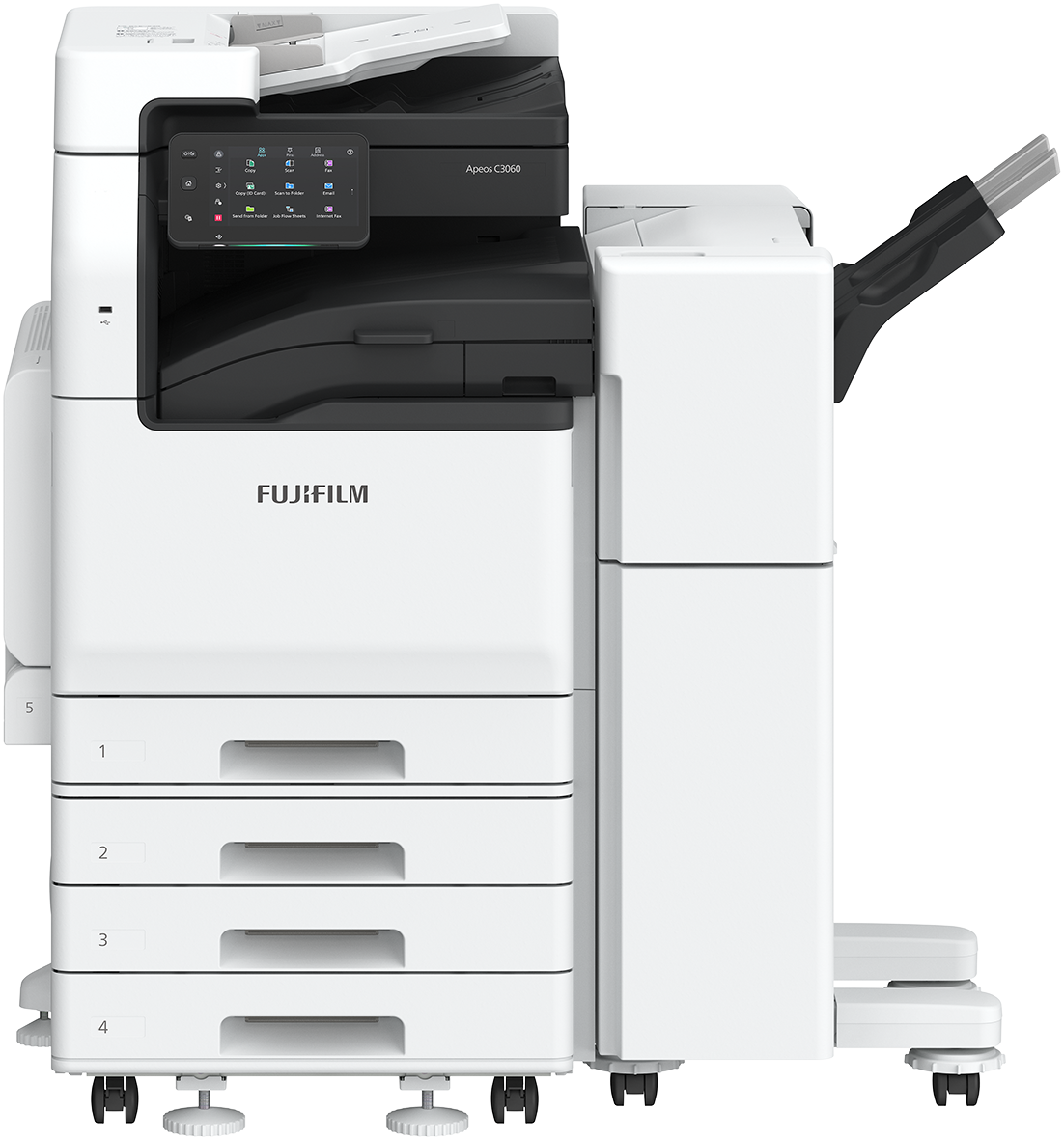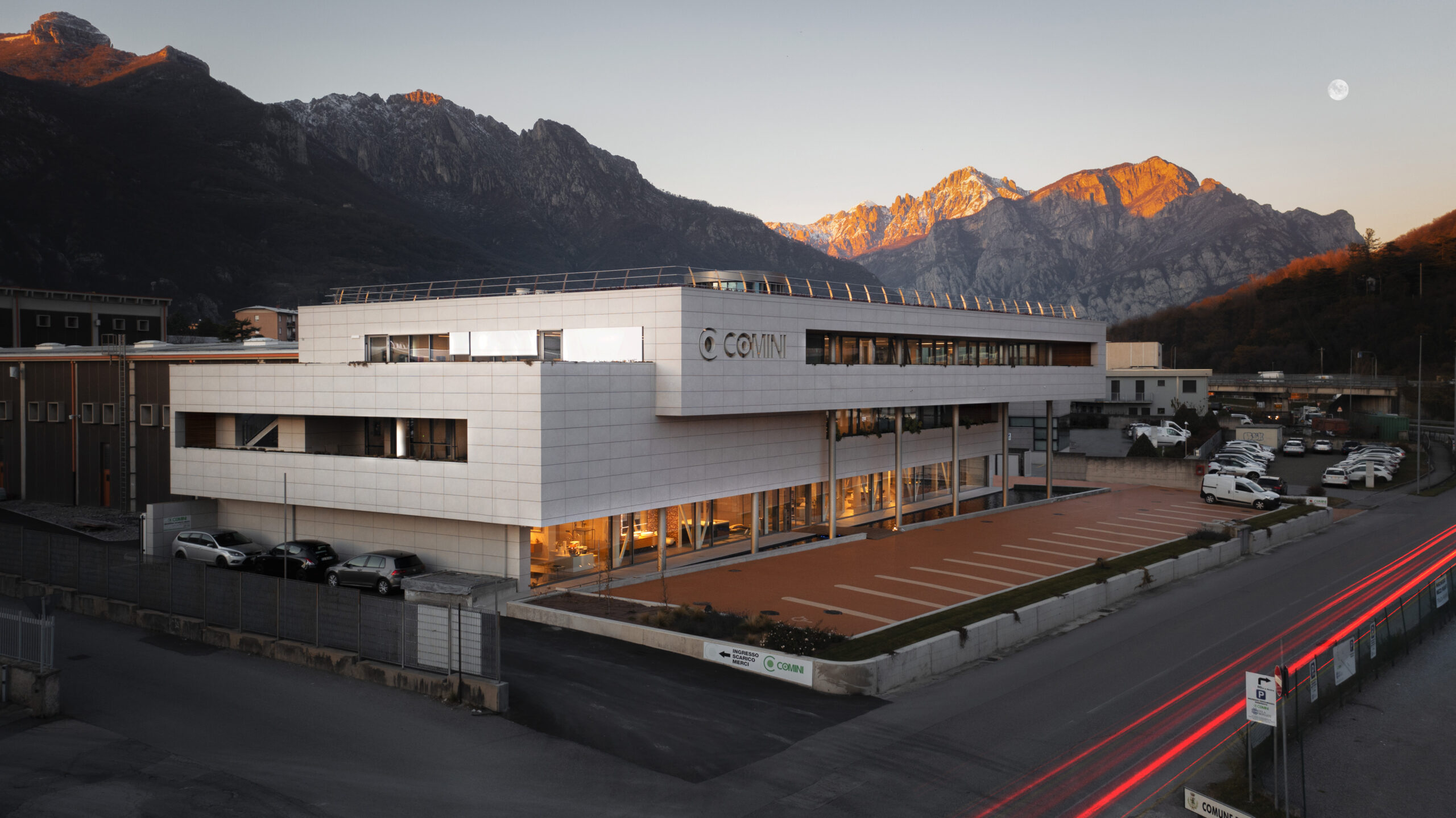Case study
Fujifilm’s Apeos multifunction printers improve the processes and management of Aidemar’s educational programmes
Highlights
Technology deployment: Aidemar installed 12 Fujifilm Apeos multifunction printers across its centres to streamline document workflows and educational operations.
Operational impact: The printers enhance print security, traceability and reliability, enabling better resource control and autonomy for staff.
Partnership: Long-standing Fujifilm partner, Tecnicas de Impresion Printtec, led the implementation, offering tailored support and training.
Organisational benefits: Improved sustainability, energy efficiency, and reduced waste align with Aidemar’s goals for responsible growth.
Client satisfaction: Aidemar praised the partnership and technology, expressing confidence in continued use and future expansion.

Every print job is traceable. In previous contracts, we didn’t have this visibility. Now, from day one, we’re in control.
Miguel Andreu, Director | Aidemar
Fujifilm has supplied 12 Apeos C2560 multifunction printers (MFPs) to Aidemar, La Asociación para la Integración del Discapacitado de la Comarca del Mar Menor, a non-profit association supporting individuals with intellectual disabilities from birth to old age across the Murcia region. The deployment, carried out by long-time Fujifilm partner in Spain, Tecnicas de Impresión Printtec, is helping Aidemar modernise its document workflows, improve print control, and provide more efficient support for daily educational and therapeutic programmes across its regional service centres.
Founded in 1982, Aidemar has grown from a small community initiative into a regional network serving over 700 people daily, supported by more than 600 staff. Its services span multiple areas across the Murcia and Valencia regions.
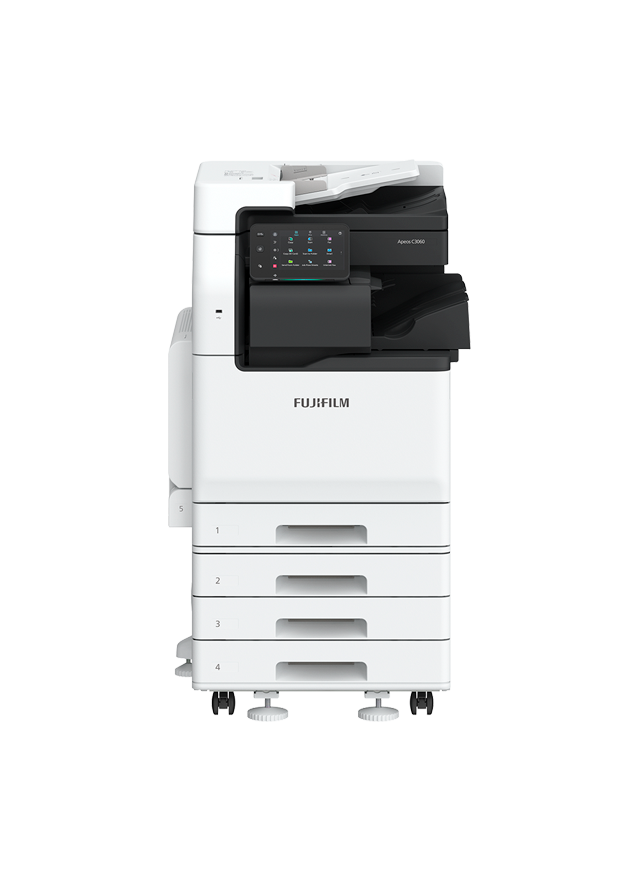
Before partnering with Fujifilm, Aidemar faced challenges in its document management processes due to the nature of its educational and social work. Staff regularly handled sensitive personal information, and with more office tasks moving online, there was a clear need to strengthen security measures to protect data and meet privacy regulations. And while much of the administrative work had moved to digital systems, each centre still relied on printed materials like worksheets and classroom resources for its educational and therapy programmes. As a result, Aidemar also needed reliable, high quality printing tools to support its daily activities.
“Our priority is ensuring that each centre can operate independently, with its own dedicated printer to prepare the materials needed by educators and care teams,” Miguel Andreu, Director of Aidemar, says. “We don’t use the machines in an especially technical or high-volume way, but they need to work, and work reliably,” Mr. Andreu adds.
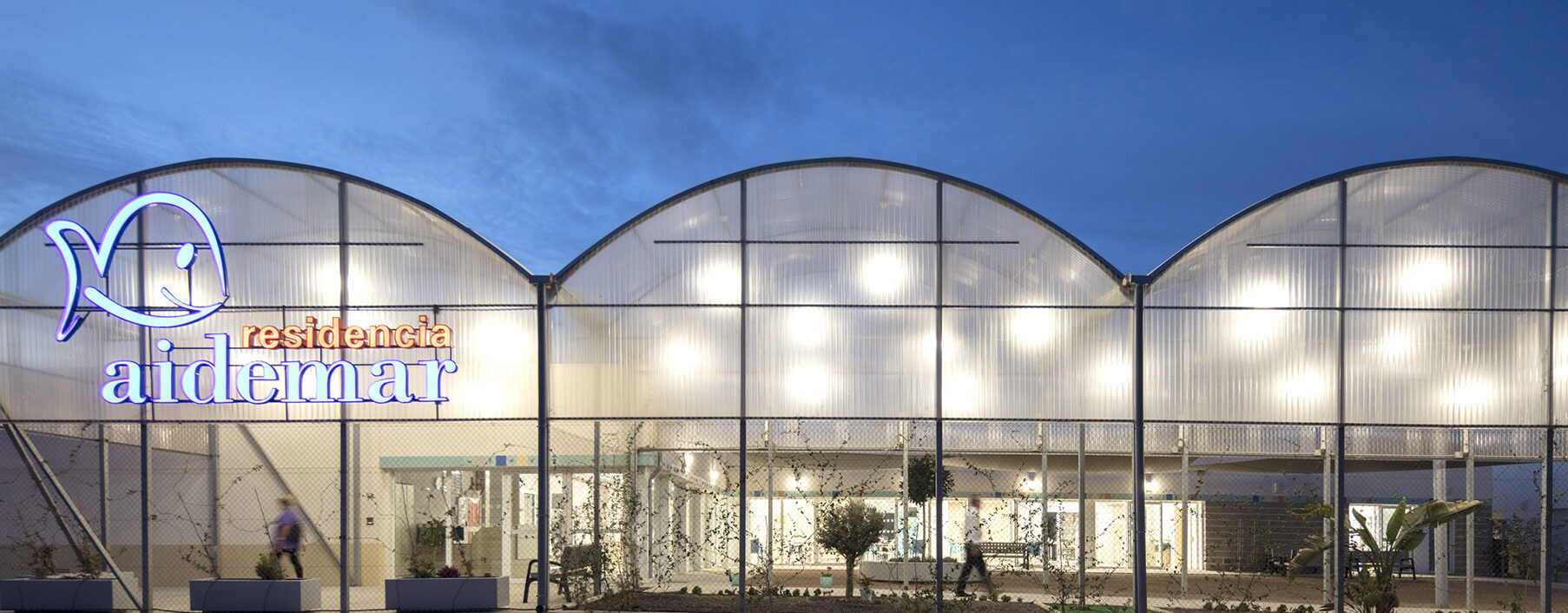
Although the transition was part of a regular contract renewal cycle, Tecnicas de Impresion Printtec’s recommendation to move to Fujifilm’s Apeos range brought meaningful upgrades in performance, efficiency, security and control, which align with Aidemar’s goals for sustainable growth and resource management. “Our provider determined that it was the best tool, and we sincerely trusted them and committed to it,” adds Mr. Andreu.
The installation of the Fujifilm Apeos MFPs has already delivered tangible benefits, particularly in terms of enhanced control and security over printing operations. “One of the key benefits is the ability to assign secure logins to each staff member,” Mr. Andreu continues. “That means every print job is traceable. In previous contracts, we didn’t have this visibility, which made it harder to manage print volumes and billing. Now, from day one, we’re in control.”
The rollout includes 12 printers deployed across 12 different locations, from early intervention and day centres to special education schools. Additional devices will be added as Aidemar continues expanding its services, including a new facility opening soon.
The installation was completed quickly and without disruption, thanks to Tecnicas de Impresion Printtec and Aidemar’s in-house IT team working together to set up the machines with password access for each user. The team was also trained to handle small issues independently, without needing to rely on external support for everyday issues. “Our IT team received training during installation, which now allows them to manage everyday issues without needing outside help,” Mr. Andreu adds. “It’s more effective if our staff know how to handle basic tasks, whether it’s a PC configuration or a toner change. We keep spares onsite, so there’s no need to call out an installer for routine things. While the printers are mainly used for simple tasks, the improvements in day-to-day reliability and staff autonomy have already made a clear difference.”
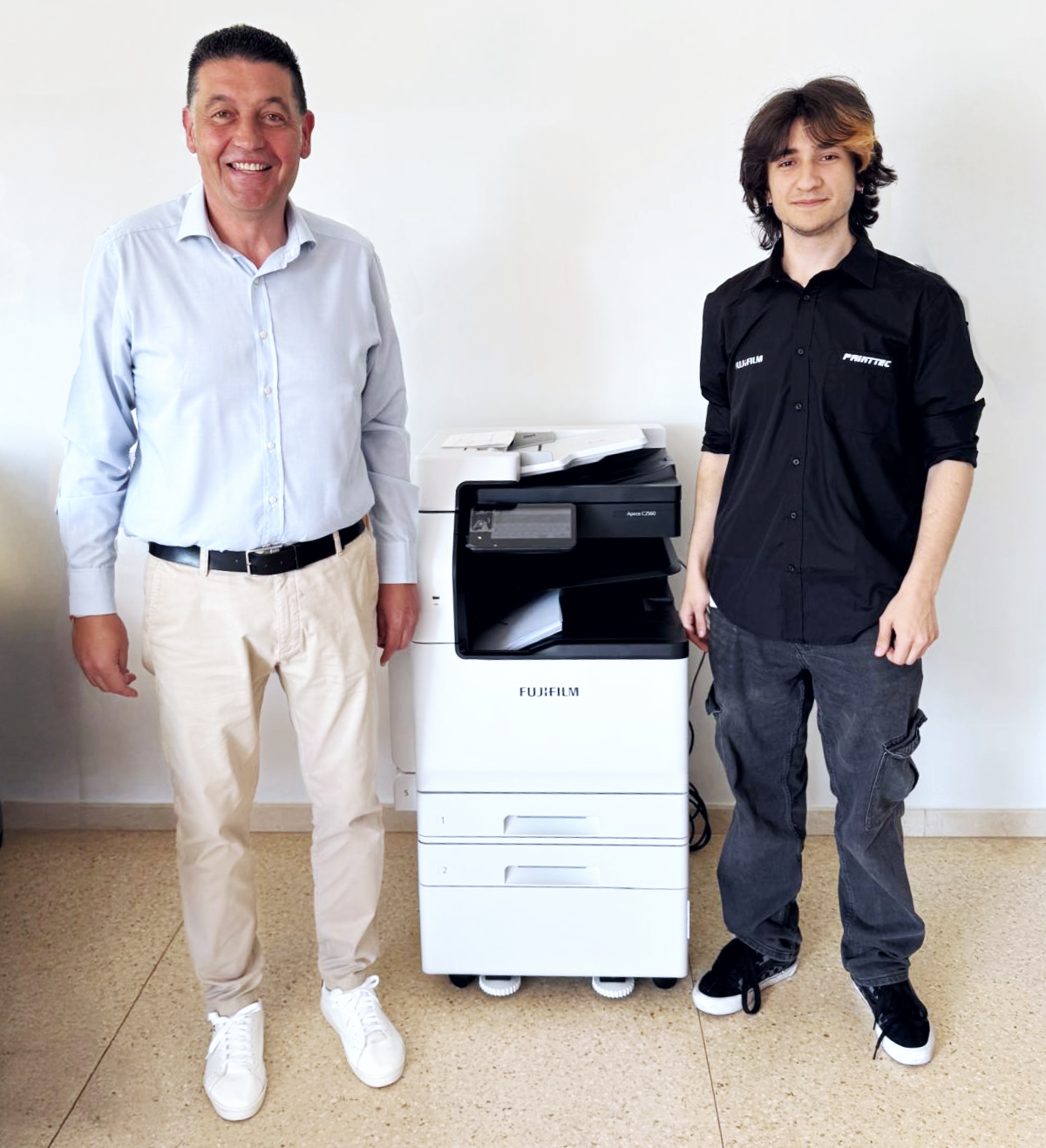
Sustainability also played a role in the decision. Fujifilm’s toner technology is designed for longer-lasting cartridges and more efficient energy consumption, reducing unnecessary waste and cost. “We’re always looking for ways to reduce energy and resource use across the organisation. In this sense, these devices help us do that by using less power and lowering our environmental impact,” says Aidemar’s director.
Reflecting on the collaboration, Andreu highlights the trust built over years of working with Tecnicas de Impresion Printtec: “Absolutely reliable, a committed partner. They support our association in meaningful ways, including events and community initiatives.”
Asked if he would recommend Fujifilm printers to other organisations, his response is clear: “Without a doubt. They’re performing well and we’re happy. Ask me again in three years and I’m sure I’ll still be saying the same.”
Alex Castellví, Sales Manager at Fujifilm, acknowledges that he is very grateful to Tecnicas de Impresion Printtec and Miguel Andreu from Aidemar for trusting in Fujifilm’s printers and cutting-edge technology, adding: ”This is the beginning of a relationship that will last for a long time, I am more than convinced.
“We are proud to continue accompanying Aidemar in its technological evolution. The incorporation of Fujifilm’s Apeos equipment responds to its real need for reliability, security, efficiency and control. Our relationship goes beyond supply: it involves commitment, proximity and customised solutions,” say Juan Guillen, Manager at Tecnicas de Impresion Printtec.
